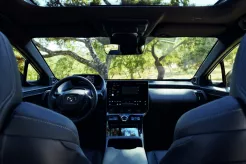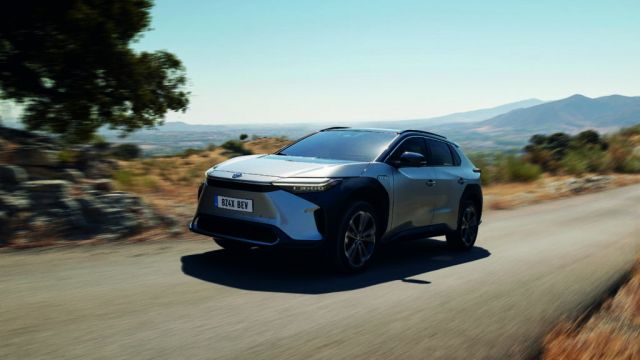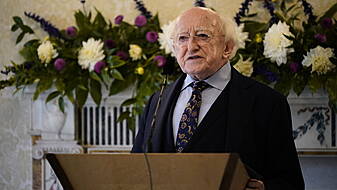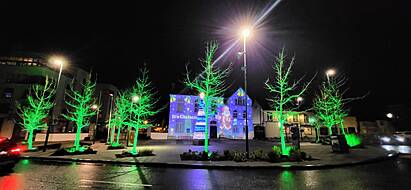While Toyota has led the way in hybrid sales, for all its talk of self-charging cars, next May will see a Toyota on Irish roads that doesn’t get any of its power from a combustion engine.

The BRZX is being billed as “one of the most important vehicles we have ever launched” by Andrea Carlucci, director of marketing and product development at Toyota Motor Europe.

Unsurprisingly Toyota has opted to deliver its first production all-electric model as a crossover SUV. Pitted against similar formatted rivals from Germany and Korea, Toyota’s playing up its battery experience.
The company has some serious research time clocked up already on battery tech courtesy of its devotion to hybrid power, and Carlucci says the target for BZ4X is that the 71.4kWh battery will maintain a useable capacity of 90 per cent after 10 years. That’s the sort of reassurance EV owners have been looking for when it comes to protecting residual values.
Carlucci said: “We’re so confident in the quality, durability and reliability of this technology, that we will provide an industry-leading one million km extended battery care, provided that a health-check is performed annually at a Toyota workshop. One million kilometres is equal to more than 2,200 recharges, from zero to full. That’s the equivalent of recharging more than every second day, for 10 years.”
The BZ4X will be offered in two versions: a front-wheel drive with a 150kW electric motor and an all-wheel drive version with motors on both the front and rear axles, delivering a combined 160kW output. Toyota executives claim this is not just some dressed up family car and the BZ4X will have proper off-road capabilities.

Toyota is predicting a WLTP range of 450km on a single charge. The battery is capable of taking a charge at rates up to 150kW, so at fast charging stations it should get an 80 per cent charge in about 30 minutes.
The new electric SUV will also be offered with a solar panel roof, which Carlucci claims, will enable the owner to harness enough electricity in the course of a year to enable 1,800km of driving.
Announcing the European arrival of the BZ4X, Toyota’s European boss Matt Harrison also committed the company that all its new vehicles in western Europe will be zero emission vehicles from 2035. However, he quickly underlined the “western Europe” element of this target.
Much of this will come down to improvements in batteries, not just in terms of technical capabilities but also price. Toyota’s Gerald Killmann said the companies experience in battery tech “gives us the confidence that we can reduce the cost of Li-Ion BEV batteries by 30 per cent or more in the short term.
“At the same time, we expect to be able to reduce energy consumption in the vehicle by 30 per cent, thereby allowing us to make the battery 30 per cent smaller for the same range.
"Putting these elements together, we expect to be able to reduce battery cost per vehicle by 50 per cent in the second half of the 2020s.”
Toyota reckons that around this time it will also bring the long-awaited solid-state batteries to market, promising higher output, longer range and shorter charging times.







